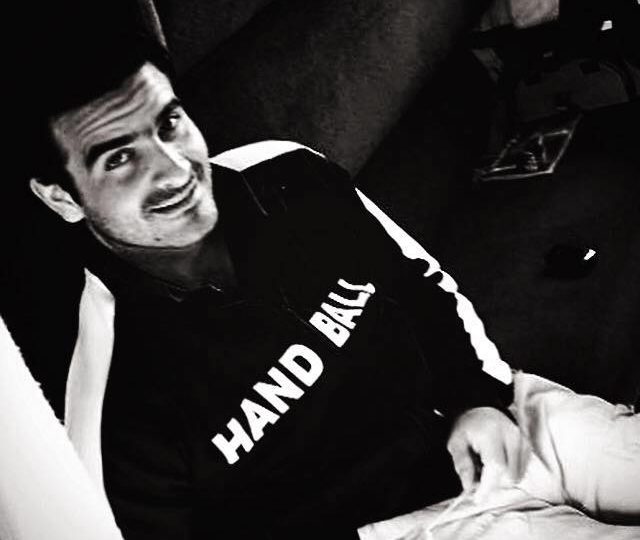“Who is a good coach?”

In this first post, I will attempt a personal approach to a key question, the answer to which, as simple as it sounds, is so subjective and complex:
Who is a good coach?
The answers to this question are many and ranging from a wide range of conversations between relaxed friends to scientific studies and research publications. Some of these possible answers might be: A good coach is one who has titles… who created and “pulled out” players…. that he is strict or that he is not strict… that he is traditional or that he is innovative and subversive… and much more…
Before I dwell on my own answer to this question, let us make it clear that there are no right or wrong answers. Everyone’s criteria regarding the degree of ability of a coach are many and are related to his value system, his experiences, his beliefs and of course to the degree of his involvement in the coaching process. As long as no extreme and unfounded views are heard, all approaches are acceptable.
Personally, I find it difficult to identify with the above answers, as they approach in a very general way a very specific and occasional object. More specifically, why would a coach with so many domestic and European titles be better or worse than another coach who trains almost for free – or perhaps for free – in an African country developing young and talented athletes?
Why would a young athlete’s coach – who may have helped several young athletes get in the national team – be better or worse than another top-level coach who has won the Champions League one or more times? Why a coach who is irritable but has the acceptance of all his colleagues (there are many examples in all team sports) be better or worse than another coach who is very sober and communicative but at the same time does not show much interest and hard work in teams his?
Why is the coach who put Nicola Karabatic on the handball court for the first time better or worse than the one who helped him win all these international titles with his country’s national team?
The answers to all the above questions are impossible to been given convincingly and directly and this is the essence and beauty of the training process. That is, every condition, every team, every set of players and every relationship between a coach and athletes is unique. Even a team that continues for the second year with the same players and the same coach is different from the previous season. The balances and relationships of the members have changed, the financial data may have changed and of course the championship goals may have changed. So which could be the answer to the question “Who is a good coach?”
If there should be only one answer to this question, then it should be that a good coach is the one who draws the greatest possible percentage from the ability of each of his players and channels it methodically and effectively throughout the team.
The one who manages to adapt to the current conditions – financial, more or less pressing for results, “easy or less easy” player’s characters, cooperative or less cooperative managers. He is the one who has cultivated empathy over the years and understands the problems of the whole, in order to give substantial and immediate solutions. The one who knows the moments when he has to come to the front and take responsibility, but also the moments when he has to stand a little behind, in order to give initiatives and space for action and risk taking from his players.
He is therefore the one, who has developed the psycho-emotional maturity, in order to perceive the respective needs and to adapt to them. In simple words, the one whose value is not judged as given or not given in time, but is constantly evaluated and the final sign of the ratio daily personal victories / inability to manage crises is positive.


